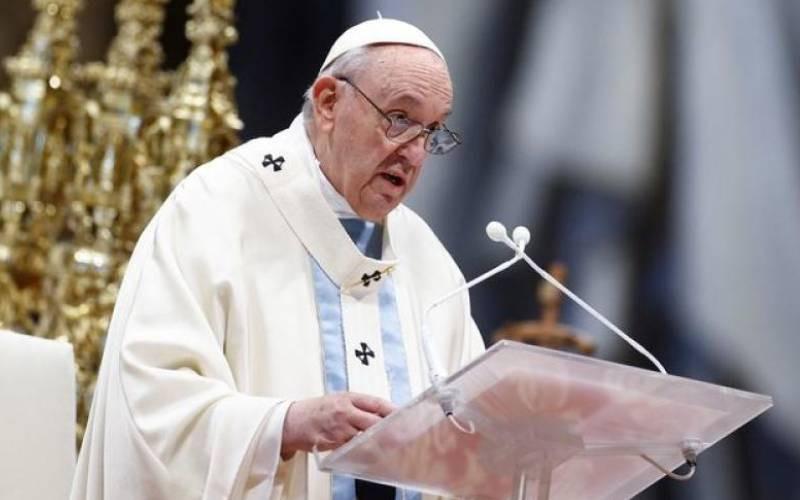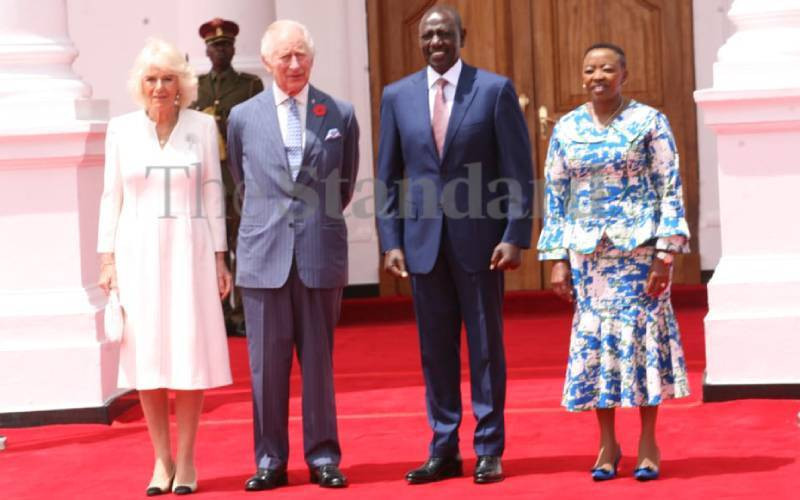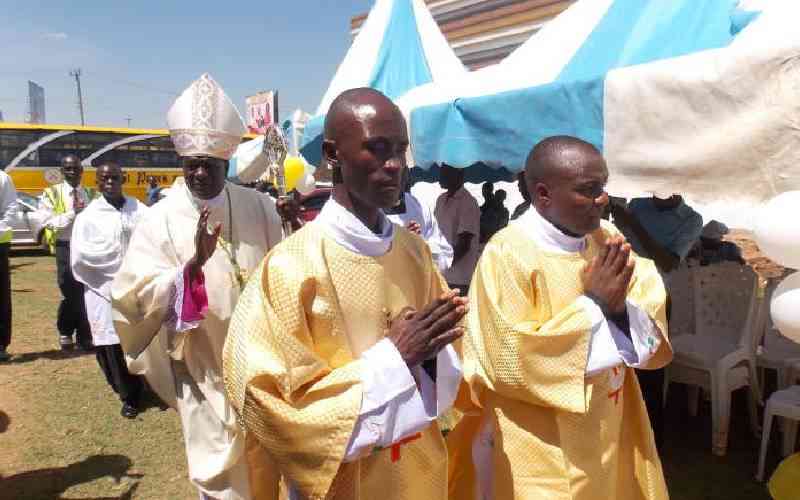From the extraordinary manner in which Jorge Mario Bergoglio became the 266th Pope, there was no guessing what was in store for the Church and the world.
Starting today, Pope Francis will tour Kenya for three days. Undoubtedly, his presence here will enthuse millions and dominate the media for days to come. And yet beneath the razzamattazz, the blessings and the embraces, it is to be hoped that we are witnessing something far more profound. For Pope Francis comes at a time when Kenya is at a crossroads.
Many challenges have threatened to sink the country; a gloomy economic outlook, corruption, ethnicity, rising insecurity, multiple episodes of terrorism and, on top of all this, a quarrelsome political class seemingly out of touch with the issues that confront the country. He brings a message of hope and of justice and his visit will therefore reinforce the faith in believers (and perhaps non-believers) who have, at times, given up on either of these commodities.
Pope Francis has confounded many. His common touch, his panache has intrigued a Vatican long used to officialdom. He has offered a comforting voice of reason in a world ill at ease with itself. He is, unlike his predecessor Pope Benedict, a man who leads not with his head, but with his heart. While Pope Benedict employed his razor- sharp mind and machine-like memory to accumulate as much knowledge of his mission as he required, Pope Francis is content to let his charm and his relaxed manner do the talking.
But don't dismiss this non-cerebral approach. Pope Francis has in nearly three years achieved what many professional politicians crave and what they fail to acquire in a lifetime of wheeler-dealing and backroom shenanigans. Pope Francis has that precious quality every politician in the universe would give a billion shillings for. He possesses what the marketing gurus of this world describe as "authenticity".
He has acquired this by doing the simple things well. He speaks a language that is understood the world over. He speaks it to the rich and to the poor, the unreached, the uncoverted, the marginalised. Unlike the rest of us he recognises these as fellow human beings. He spoke it to the Cubans and to the Iranians and it worked.
He played a major part in the rapprochement which has brought those two hitherto errant countries back into the international fold. People listen to him because he speaks candidly. He attacks the evil in our lives, evils like terrorism and hunger and disease and poverty. He is not frightened to step into controversy. He talks boldly about the threats that come from global warming, unbalanced Capitalism where bread, despite it being plenty, is not spread around. Granted, he is a stalwart defender of the Christian faith, but he has time for other beliefs too. He has sought to work across faiths to find solutions to these ills that beset our world.
He is blessed too with the impatience of old age. He knows his time is short and he is not prepared to waste a second of it. He sees the world as being complacent and his mission is to jolt it out of us. Nor can it be said he seeks popularity. He has been accused of side-stepping some of the major issues which have plagued the church for so many years; the issues of gay marriage, sex and marriage, child abuse within the church.
He has said that it is for God to make a judgement not him. This stance may not satisfy those pressing for more reforms but Francis, if he is anything, is certainly not a moraliser. He views religion as a force for peace and prosperity and not a conduit for dissension, violence and anarchy.
Our politicians could learn a thing or two from him.
 The Standard Group Plc is a
multi-media organization with investments in media platforms spanning newspaper
print operations, television, radio broadcasting, digital and online services. The
Standard Group is recognized as a leading multi-media house in Kenya with a key
influence in matters of national and international interest.
The Standard Group Plc is a
multi-media organization with investments in media platforms spanning newspaper
print operations, television, radio broadcasting, digital and online services. The
Standard Group is recognized as a leading multi-media house in Kenya with a key
influence in matters of national and international interest.
 The Standard Group Plc is a
multi-media organization with investments in media platforms spanning newspaper
print operations, television, radio broadcasting, digital and online services. The
Standard Group is recognized as a leading multi-media house in Kenya with a key
influence in matters of national and international interest.
The Standard Group Plc is a
multi-media organization with investments in media platforms spanning newspaper
print operations, television, radio broadcasting, digital and online services. The
Standard Group is recognized as a leading multi-media house in Kenya with a key
influence in matters of national and international interest.







